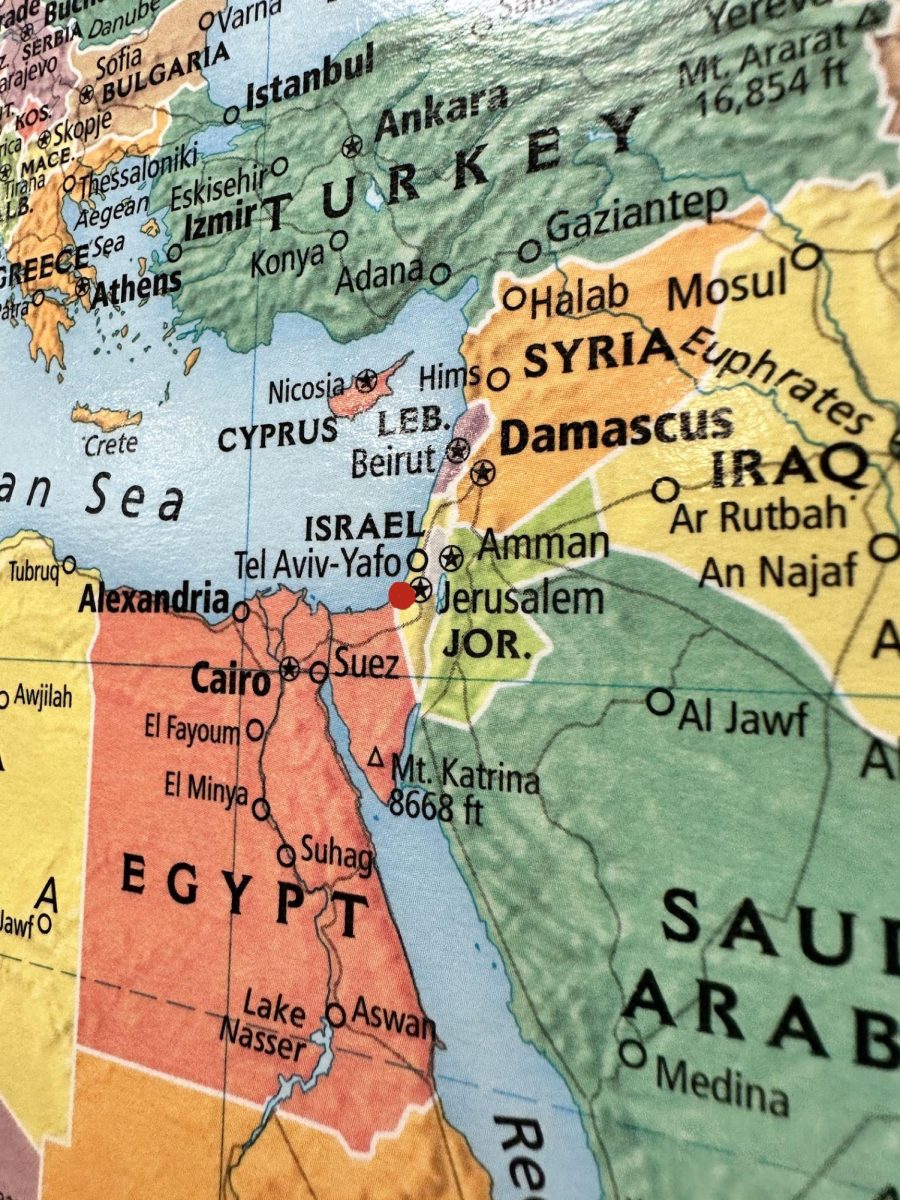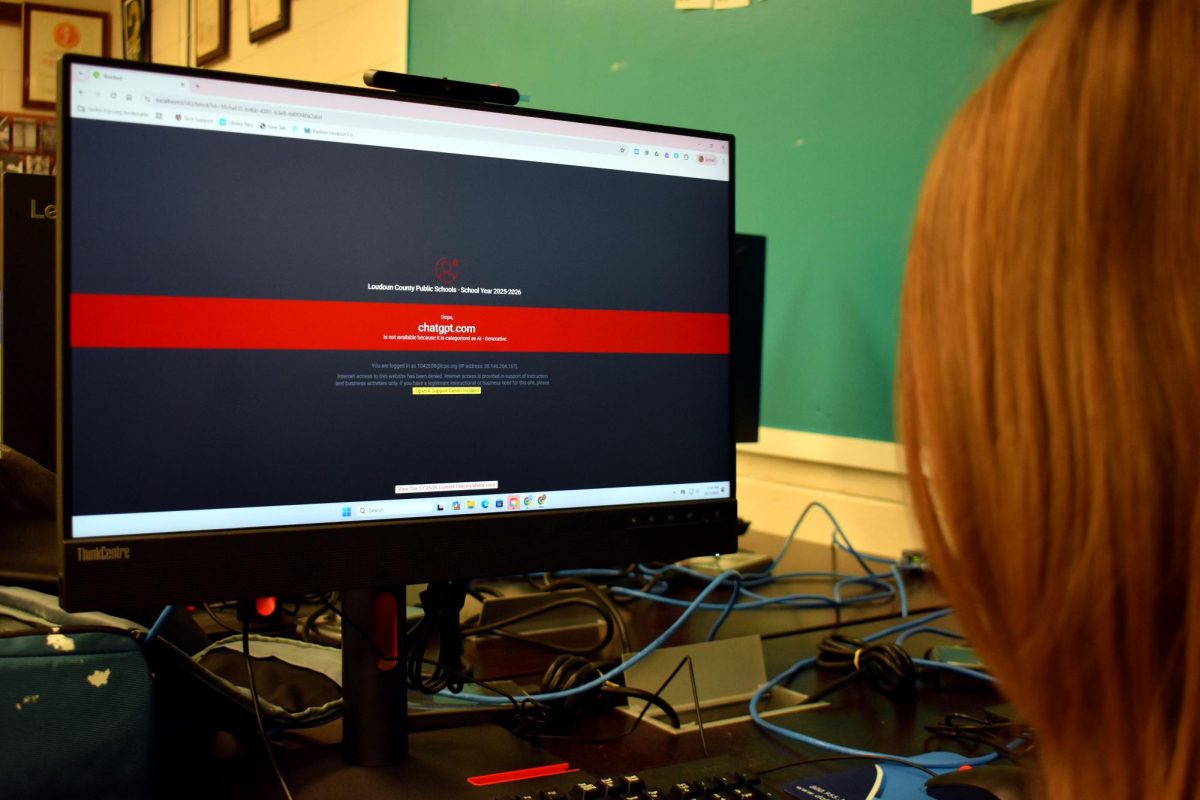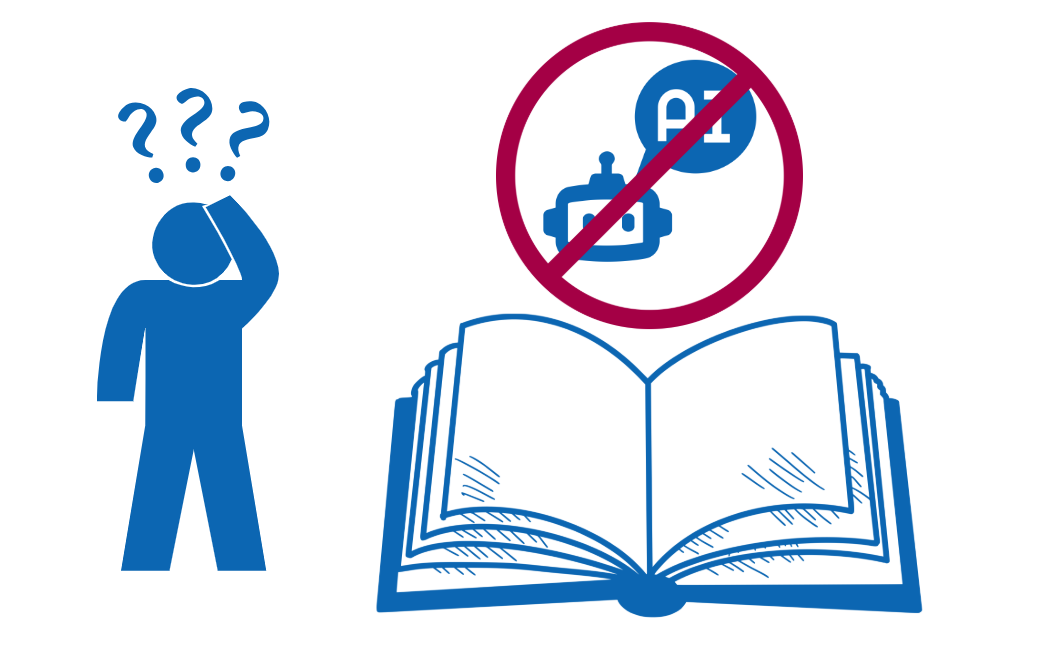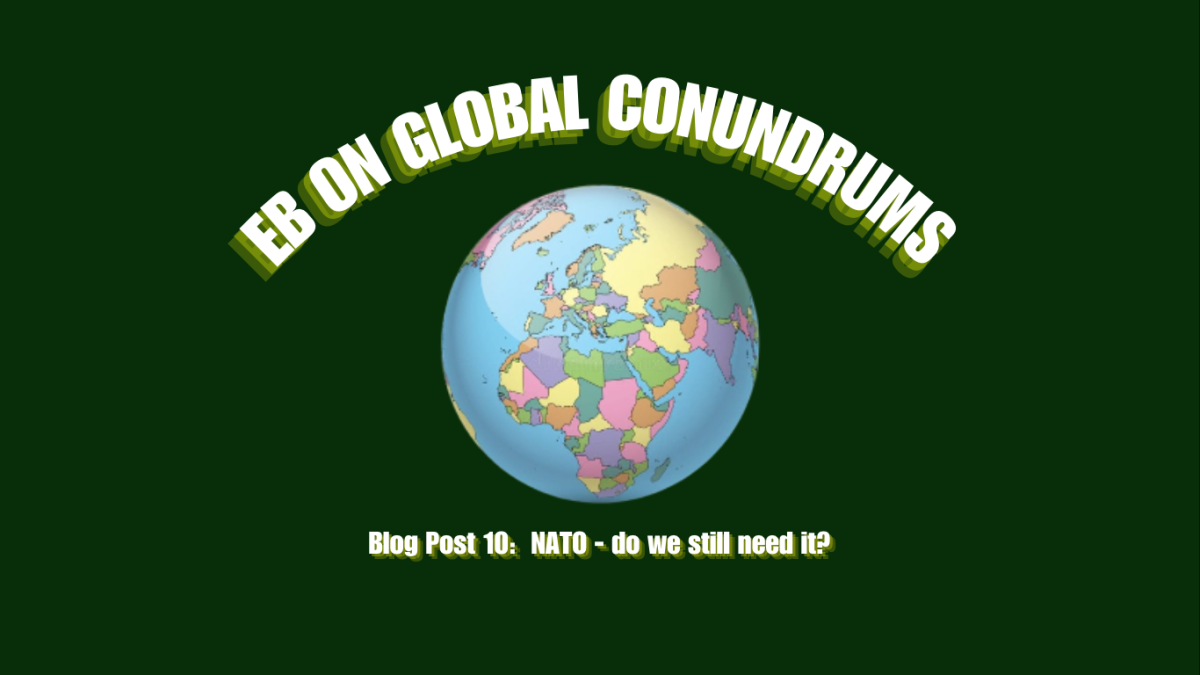Any time I scroll past a post urging Americans to boycott this company or the next as a form of support for Gaza and as a means to defund the IDF amidst the Israel-Hamas war, I’m immediately taken back to a couple months prior when I first saw the trend of boycotting outside of my phone screen.
Some friends and I were sitting outside of a busy Starbucks when a family passed by. One of the children around my age yelled, “Ew, genocide supporters,” a clear marker of their participation in the global Starbucks Boycott against the IDF and any other pro-Israeli corporations.
While whether or not Gaza is experiencing genocide is still disputed, the whole world is witnessing a humanitarian crisis. Boycotting giant corporations who are alleged to support Israel or fund the IDF seems to be a popular — although misguided — effort.
Boycotting could work, but..
In theory, boycotting serves as a very valuable tool in bringing attention to social injustices. It can and has worked — the 1955-56 Montgomery Bus Boycotts being a great example of boycotting’s success.
But the difference between the Montgomery Bus Boycotts and the current boycotts of alleged pro-Israeli companies is that our aim to destabilize the IDF by bringing down pro-Israeli megacorporations is much more unattainable than boycotting local city transport. Gaza, the place that many are hoping will benefit from these boycotts, is a warzone in another continent.
Even if these alleged pro-Israeli megacorps were to take a hit from these boycotts, how exactly does boycotting these companies weaken the scope of conflict or have any lasting impacts in the long run?
The sentiments that propelled the mass boycotting of megacorps like Starbucks, Disney and McDonalds are justified forms of sympathy, but they’re just that — a good-natured sentiment.
The hope that defunding megacorps will ultimately defund the IDF and thus play a role in destabilizing the Israeli government — as well as lessening international support for Israel — is an idealistic approach to a much more complex issue.
And, the preachy nature of these calls to boycott seems to rest solely on global moral conscience, rather than an actual, well-thought out strategy to aid Gazans amidst an alarmingly high death toll.
Even if these megacorporations were to take serious hits to their business, this endeavor also seems to be ignoring one factor that undermines this entire effort: US tax dollars. We all know that our tax money is, in fact, going to Israel, which sort of nullifies the entire effort of boycotting in America.
Misconceptions
The root of the whole boycotting endeavor is that many feel uncomfortable buying from corporations that support or fund the IDF — but one must ask themselves if these corporations are even pro-IDF at all. Many of these “pro-Israeli” companies haven’t issued actual statements in regards to their leanings on this conflict.
In response to the rumors spreading like wildfire, Starbucks has openly stated that they have no political agenda and do not, in fact, fund any government or military operations. McDonalds has also faced backlash about their alleged support for Israel.
This all started when McDonalds Israel shared on their Instagram that they were to start handing out free meals to IDF soldiers.
While it is reasonable for those in Israel to proceed with a McDonalds boycott — if they so please — many overseas in America and other parts of the world have begun to insist that Mcdonalds itself is pro-Israeli.
To blame the actions of a single franchisee in Israel on the corporation as a whole is a sweeping misjudgement. McDonalds CEO Chris Kempczinski has issued a similar statement to that of Starbucks, citing the rumors as ill-founded.
Boycotting is a form of protest that, in order to actually be successful, must be well-thought out — not formed from wishy-washy generalizations and rumors. The spread of misinformation not only counteracts the movement, but tarnishes its reputation and legitimacy as a whole.
In addition, the manner in which these boycotts are being spread on social media follow a very guilt-trip-esque theme. Politicized language is rampant throughout these posts, claiming that — in some way or another — the viewer is “complicit in genocide” for to refusing to boycott.
More often than not, the online presence of boycotting makes the viewer feel like a terrible person for choosing not to participate — which, for the most part, doesn’t actually motivate people to join the cause.
If not boycotting, what can we do?
So what does this mean for Americans? Is there nothing we can do to support Gaza amidst its humanitarian crisis? While efforts to defund or pressurize the IDF through boycotting are not as effective as many on social media make it seem, there’s plenty of ways to donate to Gaza.
The most donated humanitarian relief charities are the Palestine Children’s Relief Fund and the UN Crisis Relief’s – Occupied Palestinian Territory Humanitarian.
Showing solidarity with the current state of Gaza and its civilians through protest is completely valid, but our focus should be on more productive and realistic efforts — not misconceived boycotting that runs on misinformation.








